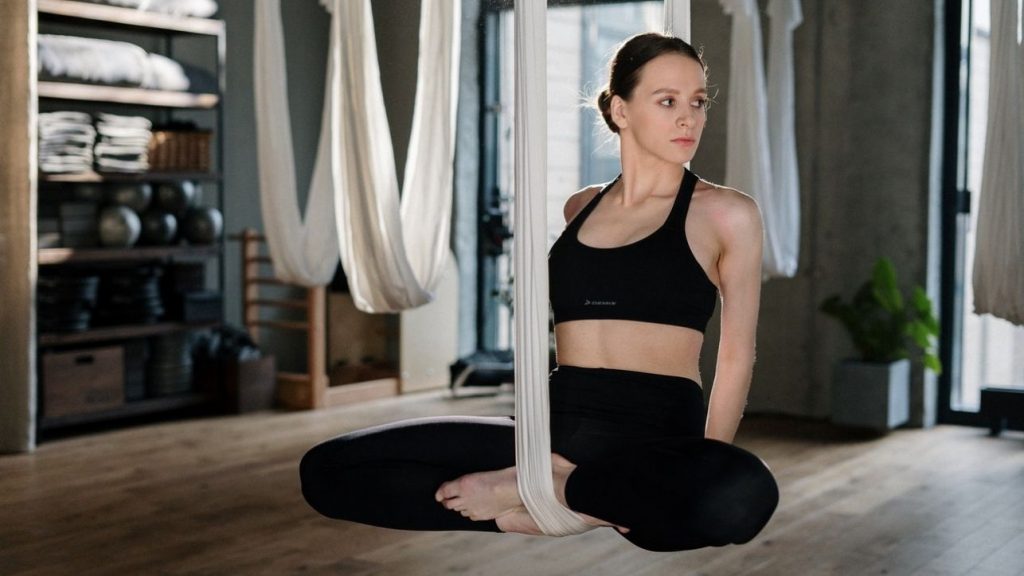Good things and bad things come and go in life. Sometimes you feel good, while other times, you don’t. There are happy days, and there are sad days. Nobody’s life is perfect. You seek to be happy and have perfect days. But that does not happen every day. And, that’s okay.
You often try to change things in life, whether your habits, behavior, or looks. You do so in search of a better life. But, no matter what change you want to bring to your life, the first thing you need to have is self-awareness.
Self-Awareness
In simple terms, self-awareness is the ability to know yourself. It is to understand how you feel, what you think, and how you behave. Further, it is also about knowing what you like/dislike.
We all have a specific routine that we follow. In general, we wake up, have breakfast, go to work, have lunch, finish work, return home, have dinner, watch TV, and go to bed. (Of course, not everyone has the same routine. But this is just a general assumption.)
In your daily life, you have no time to reflect on yourself. You know the feeling of being happy, sad, and angry. But that is not self-awareness. Self-awareness is way more than merely identifying how you feel. Instead, it is also about knowing why you feel it and whether it is right to feel that way.
Why Self-Awareness Is Important
Self-awareness is the key to changing your life. For instance, if you want to change a habit, first, you need to be self-aware about your old habit and understand that it needs to change. Similarly, if you want to develop confidence, you should know that you are not confident and the reason behind it. Thus, every change in your life starts with self-awareness. It can be a big change or a small one.
Understanding the problem is the first step to finding a solution. For example, if you have a medical problem, the doctor first does routine checkups to identify the problem. Then, he recommends medication based on your problem. Similarly, self-awareness is the beginning of changing yourself.
With self-awareness, you will be able to accept yourself for who you truly are. And it will build your confidence in stepping up and taking action.
Self-awareness also allows you to see things from other people’s perspectives, which is one of the most important communication skills. When you are self-aware, you will observe what is going on in your surroundings—people’s actions, words, and behavior towards you and other people.
You will become a better decision-maker because you will know what is right and what is wrong for you. Furthermore, you will also be clear about your likes and dislikes.
Self-awareness results in self-control, self-confidence, and self-development.
With self-awareness, you will develop emotional intelligence too. Daniel Goleman, the author of the book, Emotional Intelligence, says that self-awareness is the first step of becoming emotionally intelligent. Self-aware people are mindful of their own emotions and how they can affect those around them. Furthermore, these people are also aware of other people’s emotions and body language. Thus, it helps in effective communication.
How to Develop Self-Awareness?
Developing self-awareness is a conscious practice. You have to take action to create a change. It is similar to developing a new habit. There are different ways to develop self-awareness. But I think these two are the most effective ones:
- Meditation or Mindfulness
- Journaling
1. Meditation or Mindfulness
Meditation is one of the best ways to develop self-awareness. It helps you to become mindful and makes you aware of yourself and your surroundings.
Practicing mindfulness develops focus. It will prevent you from getting lost in your thoughts. So it brings you in control of your thoughts and emotions. Regular meditation practice will make you aware of your internal state. You will understand the power of now—to live in the present moment.
The best way to practice mindfulness and meditation is by focusing on your breath. First, sit down comfortably with no external disturbance. Close your eyes. Take a few deep breaths. Then, breathe normally. Focus on your breath—inhale and exhale. Your thoughts might distract you in the process. If they do, try to bring your focus back on the breath again. Practice this for 15 minutes in the morning and also in the evening before bed.
2. Journaling
Journaling is another effective way to build your self-awareness. It allows you to become clear about your thoughts, feelings, and emotions. In addition, it is also one of the best practices of self-improvement.
You can learn something new every day. If you practice journaling every day, you will be able to reflect on your past, learn from it, and make yourself better. Journaling helps you become clear about your goals, values, likes/dislikes, decision-making, and so forth.
Some other reasons to practice journaling are to;
- track your life happenings,
- reduce stress,
- set goals,
- collect ideas,
- positive self-talk and motivation, and
- express gratitude.
Start journaling today. Get a simple notebook and write down your thoughts, ideas, daily happenings, goals, feelings, and ideas. Don’t limit yourself. You can write down whatever you want in your journal. Do this either in the morning or in the evening.
Final Thought
Self-awareness is the key to a positive change. It allows you to develop good habits and get rid of the bad ones. As a result, you can become confident and emotionally intelligent. In addition, you will be in control of your life and learn to live in the present moment.
You must develop self-awareness to live a quality life. It can help you in self-development and bring success to your life and career. To develop self-awareness:
- Make a conscious decision first.
- Take the time to practice meditation and mindfulness.
- Start journaling and writing down your thoughts and feelings.
Be consistent with these practices, and you will surely become more self-aware. Your life is in your hands. Take control, now.




